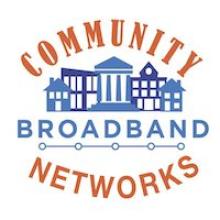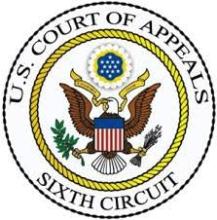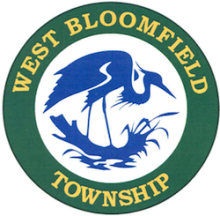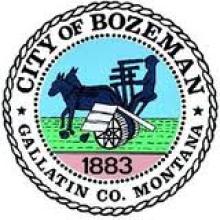North Carolina and Tennessee Lose in 6th Circuit - Community Broadband Bits Podcast 217

It has been several weeks, but Lisa and I wanted to answer any lingering questions people may have about the results of the Sixth Circuit case reviewing the FCC's action to remove state-created barriers to municipal networks. We devoted Community Broadband Bits episode 217 to the case and aftermath. The Sixth Circuit ruled against the FCC narrowly - finding that while it had no dispute with the FCC's characterization of municipal networks as beneficial, Congress had not given the FCC the power to overrule state management of its subdivisions (cities). As we have often said, restricting local authority in this manner may be stupid, but states are allowed to do stupid things (especially when powerful companies like AT&T and Comcast urge them to). Lisa and I explore the decision and explain why we are nonetheless glad that FCC Chairman Tom Wheeler and Commissioners Rosenworcel and Clyburn moved on the petitions from Chattanooga and Wilson to remove state barriers to next-generation network investment. We also reference this blog post from Harold Feld, which is a well-done summary of the situation.
This show is 20 minutes long and can be played on this page or via Apple Podcasts or the tool of your choice using this feed.
Transcript below.
We want your feedback and suggestions for the show-please e-mail us or leave a comment below.
Listen to other episodes here or view all episodes in our index. See other podcasts from the Institute for Local Self-Reliance here.
Thanks to Roller Genoa for the music, licensed using Creative Commons. The song is "Safe and Warm in Hunter's Arms."







